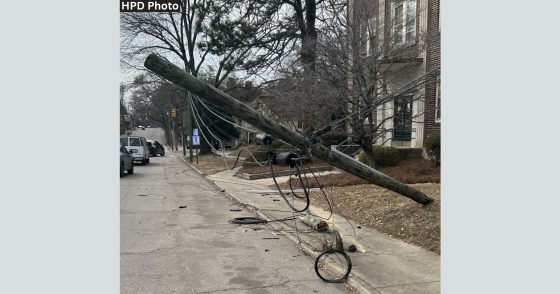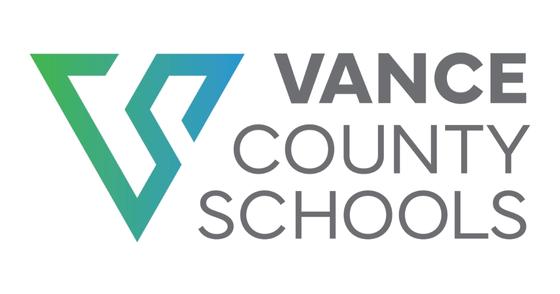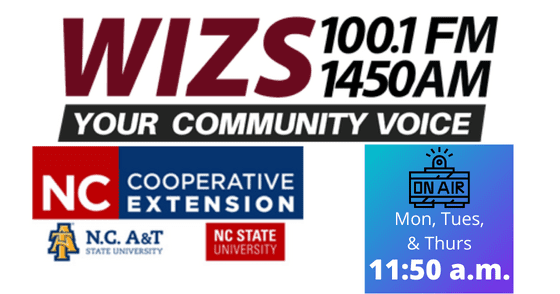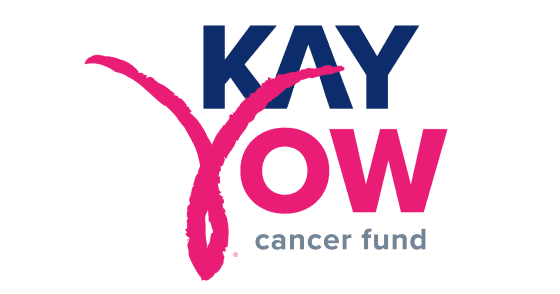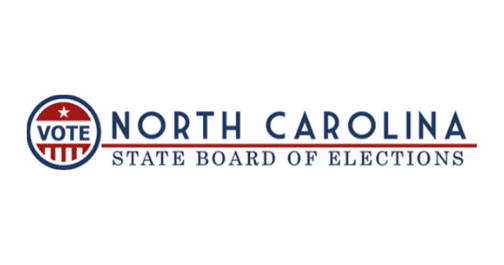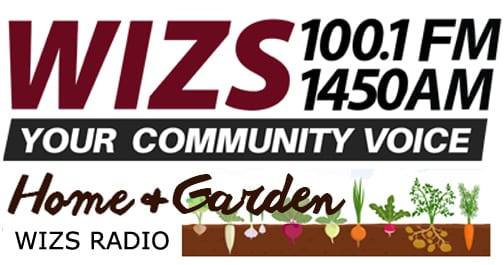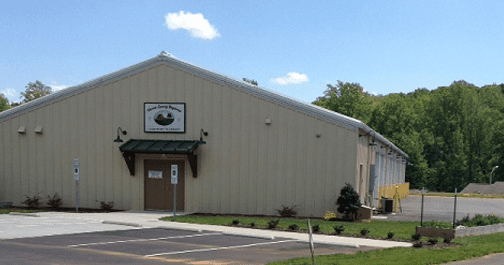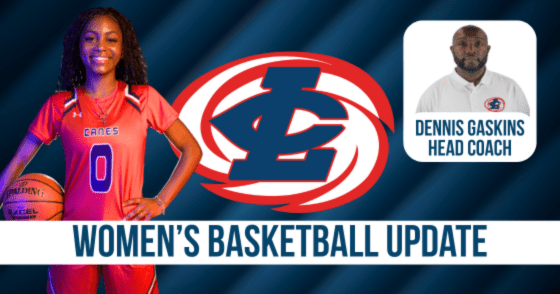100.1 FM ~ 1450 AM ~ WIZS, Your Community Voice ~ Click to LISTEN LOCAL
Greg Griggs, executive vice president of the North Carolina Academy of Family Physicians (NCAFP), appeared on WIZS Town Talk Thursday at 11 a.m.
With a membership of over 4,200 family physicians, family medicine residents and medical students, the mission of the NCAFP is to advance the specialty of family medicine to improve the health of patients, families and communities in North Carolina.
In light of the current COVID-19 health crisis, the NCAFP’s communication with its members is more important than ever. “It’s certainly unprecedented times in healthcare – for the physicians as well as the patients,” said Griggs.
One of the greatest challenges physicians are facing with coronavirus, according to Griggs, is knowing who to test and when to test, especially with recommendations and testing capabilities changing almost daily.
“Initially, the protocol was to test as many people as possible,” Griggs explained. “With community spread increasing, that recommendation changed. Now, if you have mild symptoms and think you have it, you’ll be told to stay at home, not get tested and to treat it like any other virus.”
The reason for the change is two-fold: if you are not infected with COVID-19, physicians and hospitals do not want you to become exposed to the virus from others via an in-person visit; if you do have it and come in-person, you risk exposing other people who may not have it.
For those showing symptoms including fever, cough and shortness of breath, Griggs recommended contacting your doctor’s office for guidance, “but don’t be surprised if they say you don’t need to get tested; that’s part of the CDC and NCDHHS guidelines. It’s taking social distancing to the nth degree.”
Another challenge for patients with existing health conditions is to know when to keep doctor appointments, when to reschedule and how to get the medical help they need while minimizing their exposure risk.
Even with Governor Cooper’s Stay At Home Executive Order in place until at least April 29, NC residents are still able to visit their healthcare provider, pick up medication from a pharmacy, buy groceries and engage in other travel deemed “essential.”
The general rule of thumb for rescheduling procedures and appointments during this national shutdown is to consider the long-term health consequences. For example, many patients and physicians are rescheduling elective surgeries that are not life-threatening.
“Putting off surgeries and procedures where the health risk of postponement is minimal keeps you healthy and keeps resources available for the sickest,” Griggs stated.
What physicians are most concerned about, he said, are patients with chronic diseases like diabetes, high blood pressure and heart conditions.
“We don’t want people with chronic conditions to ignore or put off their appointments,” said Griggs. “Before being seen face-to-face, call your doctor’s office and talk about alternative methods such as telehealth virtual visits or even the possibility of being assisted in the parking lot.”
For more information on the NCAFP, please visit www.ncafp.com.
To hear the interview with Griggs in its entirety, go to WIZS.com and click on Town Talk.


